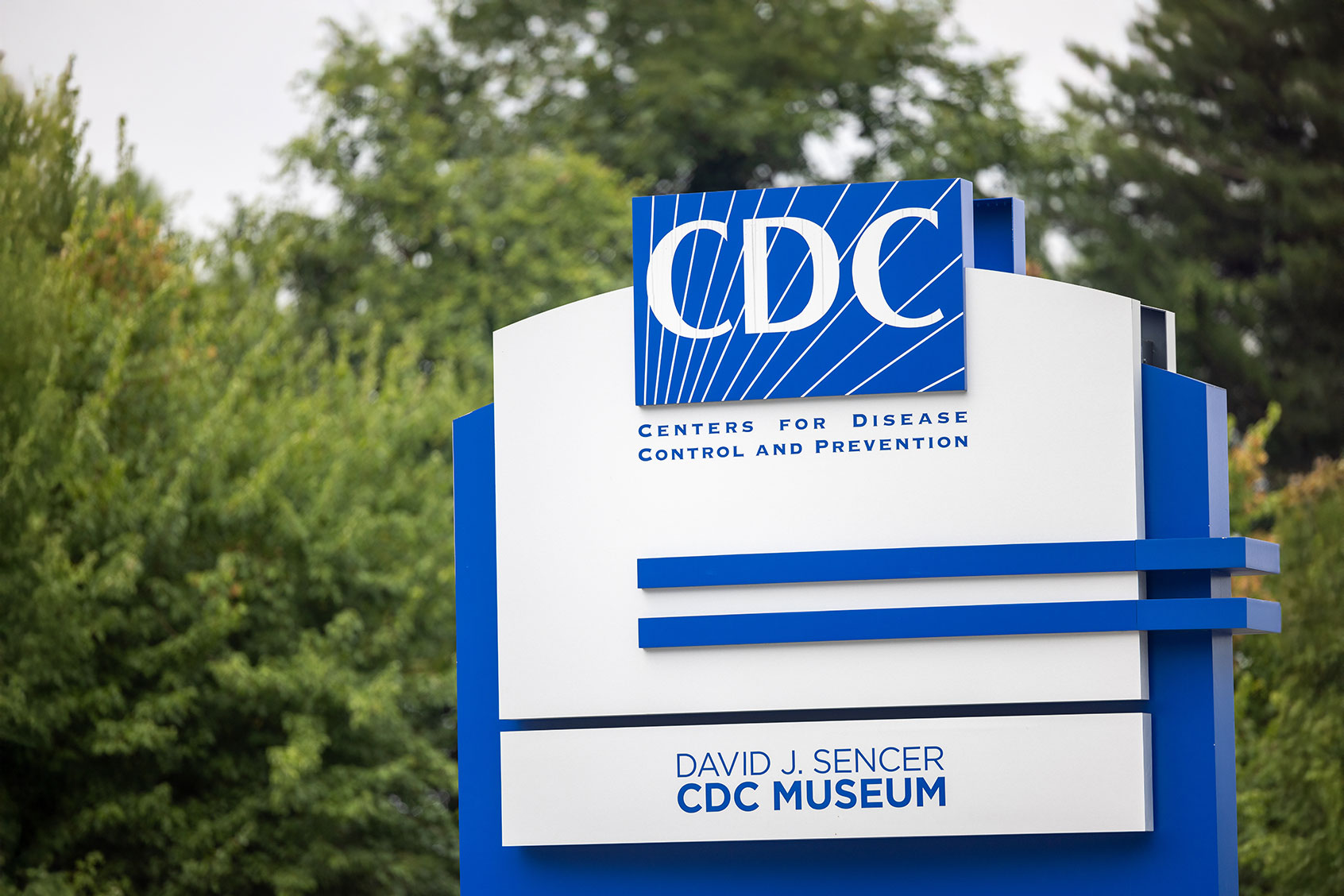Earlier this week, news broke that the Trump administration put a “pause” on federal health agency communications. According to a memo obtained by NPR, the directive told federal health agencies to stop most external communications for the time being, which includes issuing documents, guidance or notices, until they can be approved by "a presidential appointee." This also includes communication on social media. The action, according to the document, is "consistent with precedent,” and reportedly applies until February 1.
According to the NPR report, federal officials are concerned about how “temporary” this freeze will be, and if they will be allowed to release information they had already planned for this week. These concerns come at an urgent time — when public health experts have been advocating relentlessly for more surveillance around the current bird flu situation.
While the bird flu crisis began several years ago, it ramped up last April when the H5N1 virus spread from wild animals to dairy cows. Since then, 67 human cases have been reported across several states, according to the Centers for Disease Control and Prevention (CDC), including one death. Each human infection raises the possibility of another pandemic like COVID-19.
Most of these infections have occurred in farmworkers who came into contact with infected cows or poultry, except three cases with unknown origins, which is a worrisome trend if we want to keep a lid on this crisis. Public health officials have criticized the Biden administration for not properly handling and monitoring the situation. But as Salon previously reported, experts don’t have faith that the situation will improve under the new Trump administration either. Now, the temporary freeze is ringing alarm bells for many.
This is the “exact opposite” of how the CDC should be acting right now.
“It is a major concern that amid an evolving situation with avian influenza in the U.S. that the CDC’s communications with physicians and local and state health departments is being constrained,” Dr. Amesh Adalja, an infectious disease and senior scholar at Johns Hopkins Center for Health Security, told Salon via email. “Real-time situational awareness is needed to be as proactive as possible with containing and recognizing the spread of H5N1 in the population.”
According to Adalja, this is the “exact opposite” of how the CDC should be acting right now.
In a statement to Salon, when asked about the freeze and how it will affect bird flu surveillance, a CDC spokesperson said “the HHS has issued a pause on mass communications and public appearances that are not directly related to emergencies or critical to preserving health.”
Want more health and science stories in your inbox? Subscribe to Salon's weekly newsletter Lab Notes.
“This is a short pause to allow the new team to set up a process for review and prioritization,” the statement read. “There are exceptions for announcements that HHS divisions believe are mission critical, but they will be made on a case-by-case basis.”
Dr. Rajendram Rajnarayanan, of the New York Institute of Technology campus in Jonesboro, Arkansas, told Salon he sincerely hopes the pause is short, as the memo states, and that the administration can provide clarity during the transition. He pointed out that the pause isn’t unprecedented.
“Similar temporary freezes were implemented during presidential transitions previously. These pauses typically allow incoming leadership to review and align agency activities with new priorities,” he said. “However lack of clarity with respect to the scope, duration and implementation — especially concerns about potential delays in critical public health information are valid.”
As Katelyn Jetelina, an epidemiologist and author of the newsletter Your Local Epidemiologist, explained in her recent newsletter, the scope of the pause is unusual to public health scientists.
“For example, CDC’s scientific publication, MMWR [Morbidity and Mortality Weekly Report], wasn’t published yesterday,” Jetelina said in her newsletter. “It was the first time in 70 years this has happened, and it included three discoveries on the H5N1 (bird flu) outbreak — an active biosecurity threat to Americans.”
We need your help to stay independent
As recently reported by STAT, meetings and panels across federal science and health agencies have been abruptly canceled, including gatherings like the National Vaccine Advisory Committee and the Presidential Advisory Council for Combating Antibiotic Resistance. Rajnarayanan told Salon the so-called pause will also affect training workshops and last-minute postponement of grant proposal review panels.
“This also impacts the pre-planned rollout of the NIH grant review processes, which debuts a simplified peer review framework for most research project grants,” Rajnarayanan said. “At the minimum, these pauses create uncertainty and anxiety among researchers and NIH staff.”
However, for H5N1, Rajnarayanan said states are still reporting cases and infected herd and avian counts.
“So we will still be getting information, but it won't appear in any coordinated national level report at the agency level,” Rajnarayanan said.

